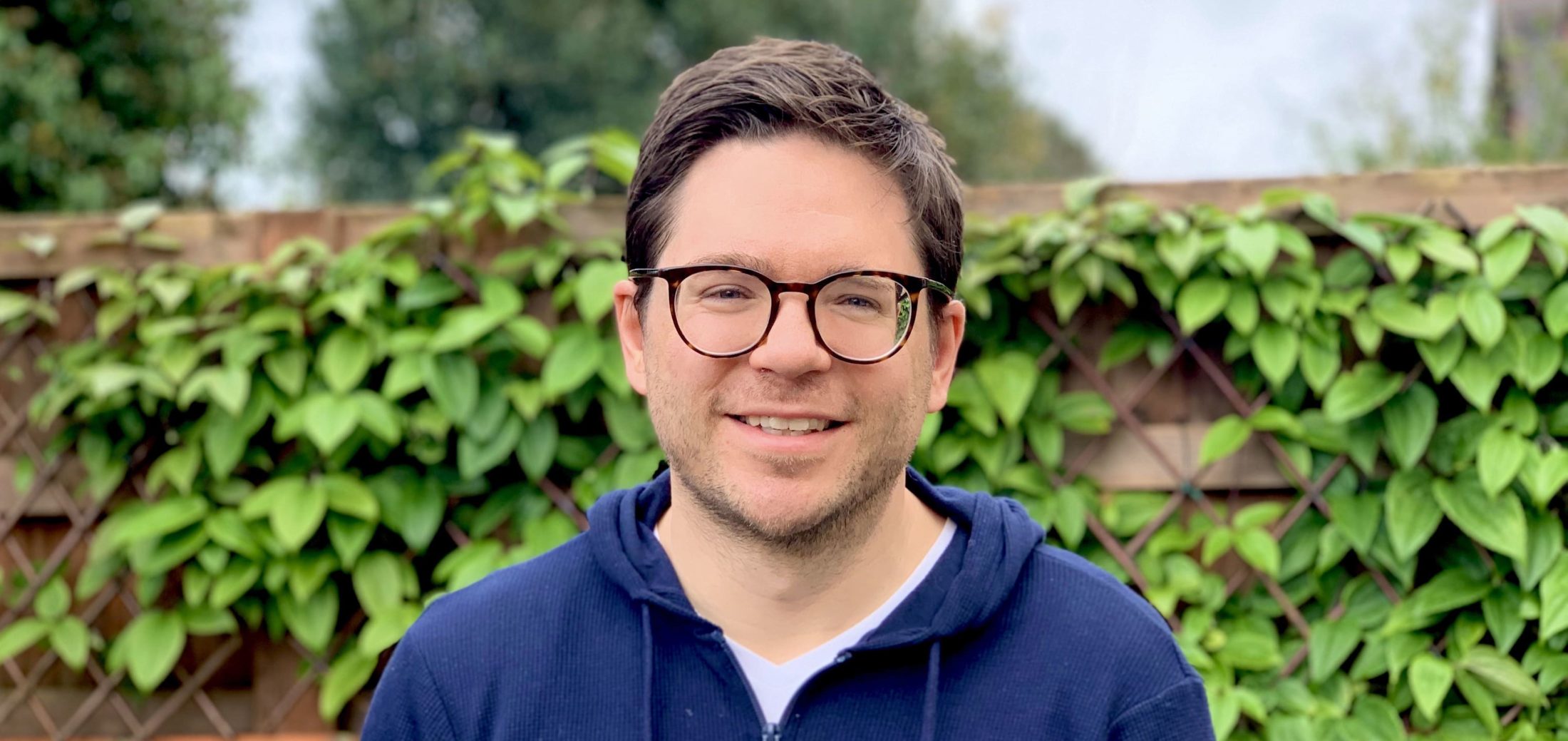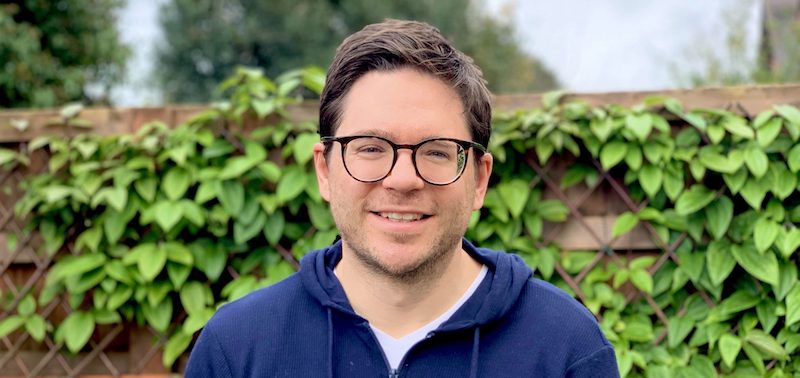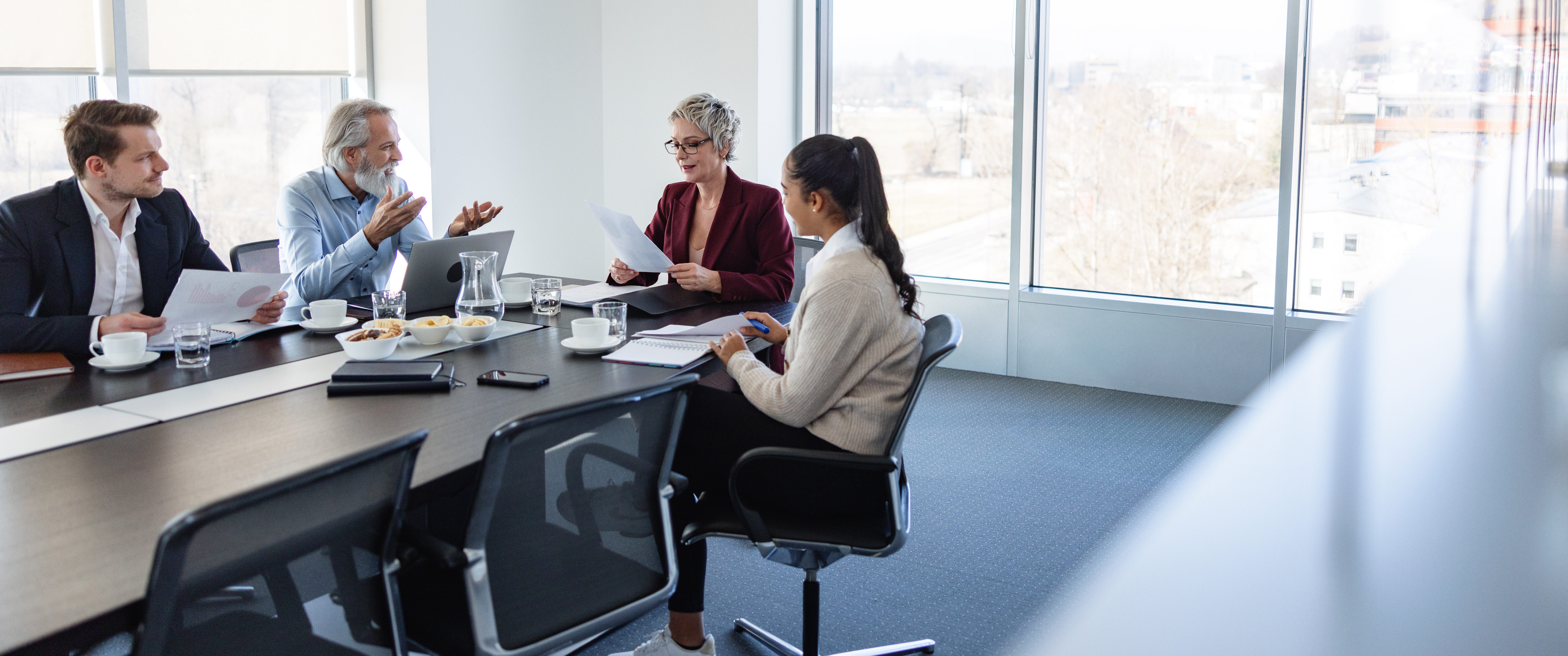Angel attitude at VC scale: An Interview with Playfair Capital
An interview with Chris Smith, Managing Partner, Playfair Capital
Chris cut his high-growth tech teeth at Plan.com where, as the eighth member of staff, he served variously as Sales Director, Head of Tech/BI and Head of Product Development. Revenues grew to £50m in 2018 and the company ranked #1 in The Sunday Times Tech Track 100. Prepaid card provider, Soldo, asks about his investing activities on seed and pre-seed deals in the UK and Israel, and particularly loves finding companies operating in unloved/overlooked sectors that are ripe for disruption.
What is Playfair’s investment strategy?
We’re a generalist tech fund operating at the seed and pre-seed stage. For us, that means writing cheques of between £300k – £500k in rounds of up to about £2m. We’re particularly focused on B2B deep tech: AI, machine learning, computer vision and what we see as other defensible or proprietary technologies. I also think that common to the investments we have made in our first two funds is that we only invest where we know we can play an active role in supporting our founders on their journey. That’s the fun part for us.
What does that active role involve?
We will do everything we can to make our founders successful.
At a high level, we’re always available to act as a sounding board and talk through difficult decisions – often on WhatsApp late in the evening! That’s really important for first-time founders or when an issue is being encountered for the first time.
On a more specific level, we’re a mixed and multi-talented team with deep expertise to offer. Joe Thornton, for example, is a talent guru. He’s just spent two weeks with Vinehealth, one of our portfolio companies; helping them fill a number of roles. Rather than just spending an hour on the phone, he’s embedded himself in the company to truly put best practice in place.
Henrik [Wetter-Sanchez] is a numbers guy. He helps with financial modelling and preparing our portfolio businesses for their next round. And then I help with sales, an area that’s traditionally the main weakness for the technical founders we often work with. That covers everything from figuring out a sales strategy to hiring the right salespeople and putting appropriate incentive structures into place.
Our job is therefore to use our collective experience to minimise the number of mistakes that founders make, and closing a successful Series A.
Now, a lot happens in that seed-to-Series A period, which is why Joe’s talent role, for example, is so critical. There’s a Silicon Valley mantra of exiting people quickly and replacing them; but hiring the wrong people in the first place can do a lot of damage, particularly when you only have an 18 month runway. You really need to get these things right in the first place.
We only invest when we are genuinely passionate about the founders’ mission. In other words, the potential for good financial returns is not enough in itself.
Seed to Series A is uniquely risky: start-ups haven’t necessarily resolved product/market fit or talent, they probably haven’t meaningfully got clients in other countries. Other than the advice you offer, how do you help founders succeed?
I agree: it’s definitely high risk, and there’s no one formula for success. We think that the key is to find exceptional people with the character traits to build a big business. The founder must stand on their own two feet growing the business, and it’s our job to anticipate potential issues and to help navigate them. It’s very much a mentoring relationship.
That said, the founder-focus has generated some interesting new ideas. We were having a conversation in the office before Christmas about what we could do to support our founders. One of our biggest concerns is that building a business is an emotional rollercoaster for founders. They don’t necessarily have the opportunity to take the best care of themselves. So we launched the Playfair Wellness Programme, which gives our founders £50 per month to access over 3000 different wellbeing experiences at a time and a place that suits them. It includes everything from classic yoga and Pilates to boxing and ice climbing. It’s just a small step in supporting our founders’ mental and physical health, but it’s been well received and will pay dividends in the long run.
At Playfair, you claim to have “Angel DNA”. What does that mean? And what happens when you apply significant funds to an angel philosophy?
Our founder, Fede Pirzio-Biroli, started out as an angel and most of our team have experience of angel investing or crowdfunding. I think “Angel DNA” plays through in several ways. Firstly, we tend to be a bit more approachable. A first meeting with us is as much about getting to know a founder on a personal level as it is about understanding their finances. Secondly, we only invest when we are genuinely passionate about the founders’ mission. In other words, the potential for good financial returns is not enough in itself. And thirdly, because we only invest when we’re excited about the mission, we naturally want to get stuck in and help the founders grow their companies. It’s a distinctive approach that means that we build slightly more personal relationships with our founders than might be traditionally expected.
That’s particularly true here in London, because many VCs here are ex-investment bankers who perhaps see start-ups as an asset class, and founders as management.
When you go further up the capital structure to Series A and B, the considerations become a little more dispassionate. But at seed stage there aren’t any numbers to go on, apart from projections – which will invariably be wrong. So it really is all about the founder. Fede set up Playfair because he loved investing in founders – particularly first time founders – and supporting and watching companies grow and being part of the journey. The whole team shares that ethos.
The downside with angels, typically, is that they can’t follow on into your next round of funding; whereas at Playfair we have a significant fund at our disposal. Our default position is therefore to support our founders in a subsequent round, and we have a strong track record of achieving that. Founders get the best of both worlds: a passionate investor to help them succeed and the financial firepower to support them in their subsequent rounds of funding.
A few years back, we also took a number of Limited Partner positions in other VC funds to expand our geographical and sector exposure. These include Cocoon Capital in Singapore which covers South East Asia; CRE, a pan African fund; and a couple of funds focused specifically on crypto.
You mentioned AI and machine learning. It seems to me that some of today’s big opportunities like AI and autonomy require far more capital investment to get off the ground than traditional web services…
I see it slightly differently. I think the important commodity is time. To build a deep tech business, you need to collect, label and make sense of vast quantities of data before you can interpret it; and all before you can create a product.
Although that can take a lot of time, it works quite well for us. Funds running on a 10 year cycle can risk running out of time. If they have made their first investments three years into their fund, they’ve got only seven years to make a meaningful return. We don’t have those same restrictions, so we can take a slightly longer term view.
The key thing from an investor’s perspective, though, is an understanding of and religious adherence to the milestones needed to raise the next round. If it’s not going to be revenue or customers and instead is a technical milestone, we’ll work to achieve that.
Funds running on a 10 year cycle can risk running out of time. If they have made their first investments three years into their fund, they’ve got only seven years to make a meaningful return. We don’t have those same restrictions, so we can take a slightly longer term view.
Autonomous vehicles is a great example of the longer view and higher risk. There’s an infrastructure requirement, regulatory complexity; all sorts of issues to buffet the business no matter how good the basic tech is. How do you cope with those complexities?
We have invested in autonomous transportation – but our investments exclude anything running on public roads, precisely for the reasons you’ve outlined. I wrote an opinion piece recently saying that I think investors are going to get burned investing in autonomous cars, as public roads are incredibly complex. I think that the technology challenges will be resolved long before the regulatory issues and public opinion. And the integration of autonomous cars with other non-autonomous drivers is a huge problem to solve.
Instead, we have invested in Sightec, which works in the field of autonomous flight; initially autonomous drones for applications like food deliveries or medical supplies, and then moving on to potentially Urban Air Mobility in the future. We also work with Orca AI, a maritime autonomy solution.
I’d extend the autonomy opportunity to any privately-owned location. There’s potential for autonomous transportation in factories, ports – any controlled environment. It’s something we’re excited about because autonomy in these contexts can also generate significant cost savings and reduce the risk of accidents; plus the technology is already ready.
Playfair has quite a history of supporting female founders. What is the status of diversity in tech today?
It’s getting better but it’s still not good enough.
We’re playing our part in redressing the balance at a grass roots level from a couple of angles. We hold Female Founder days in collaboration with around 10 other funds, who will meet around 45 female founders.
Secondly, we recently kicked off the Playfair Academy, a program I created after having been a mentor for many years at the Harris Academy in Bermondsey. We will bring in 10 female pre-GCSE students from the Harris Academy to our Warner Yard office for three sessions. The first is about finance and technology. In the second, they will hear stories from founders; and in the third they will be “a VC for a day”. We then offer work experience opportunities both at Playfair and across our portfolio ventures.
The idea is to intervene a little earlier and to encourage female students to make positive early decisions about what they’re going to do with their lives and then support them with access and knowledge. I think a big solution to the diversity challenge is in intervening earlier.
Yes, it’s going to take time, but I feel that we are definitely moving in the right direction.
This interview is part of a series by Soldo, the prepaid company card solution that makes your expense accounting simple. You can read more interviews from Soldo’s interview series here.








